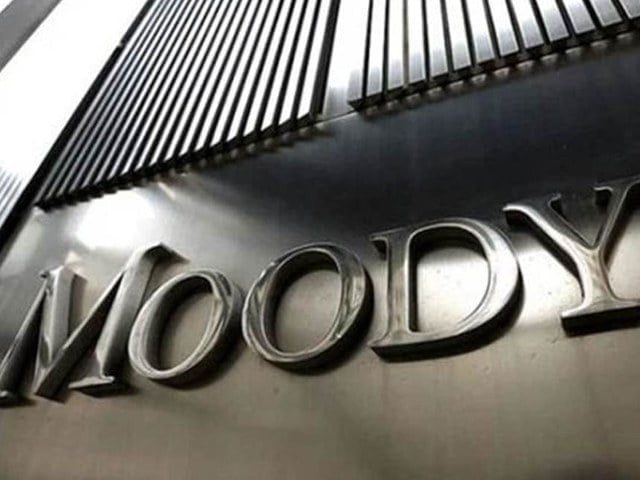The remarkable rise in Pakistan’s Islamic banking assets has been deemed credit positive for banks by international credit rating agency Moody’s.
The State Bank of Pakistan (SBP) published its quarterly Islamic Banking Bulletin for December 2020 on Wednesday, showing a 30 percent growth in Shariah-compliant banking assets in 2020.
In a statement, Moody’s said, “The increase is credit positive for Pakistani banks because it draws customers from the previously unbanked population, generating new market opportunities and improving banks’ financial results.”
As of the end of 2020, Pakistan’s Islamic banking assets totaled Rs 4.3 trillion, accounting for 17 percent of the country’s total banking system assets. Since June 2013, Islamic deposits have risen at a compound annual growth rate of 22%.
Furthermore, Islamic financing grew at a faster rate than traditional loans, accounting for Rs 1.9 trillion, or 23% of total loans in Pakistani banks, by the end of 2020. Return on assets for Islamic banking institutions was 2.4 percent at year-end 2020, compared to the system average of 1.8 percent, and Islamic nonperforming financing (NPF) was 3.2 percent, compared to the system weighted average of 9.2 percent at year-end 2020.
Since attracting previously unbanked customers encourages deposit and loan growth while reducing funding costs due to the banks’ access to a wide pool of non-remunerated deposits, Moody’s believes that Islamic banking would support Pakistan’s banking sector.
According to Moody’s, Shariah-compliant banking in Pakistan will continue to expand by focusing on customers who prefer Islamic goods or who are voluntarily excluded or underserved due to their religious beliefs.
“We believe that the increase in Islamic banking penetration would benefit all rated banks, especially Habib Bank Ltd. (HBL, B3 stable, caa11), which had a 7.5 percent market share of Pakistan’s Islamic banking assets at year-end 2020, and MCB Bank Limited (B3 stable, b3), which had a 3.3 percent market share, the largest among their rated peers,” according to Moody’s.




